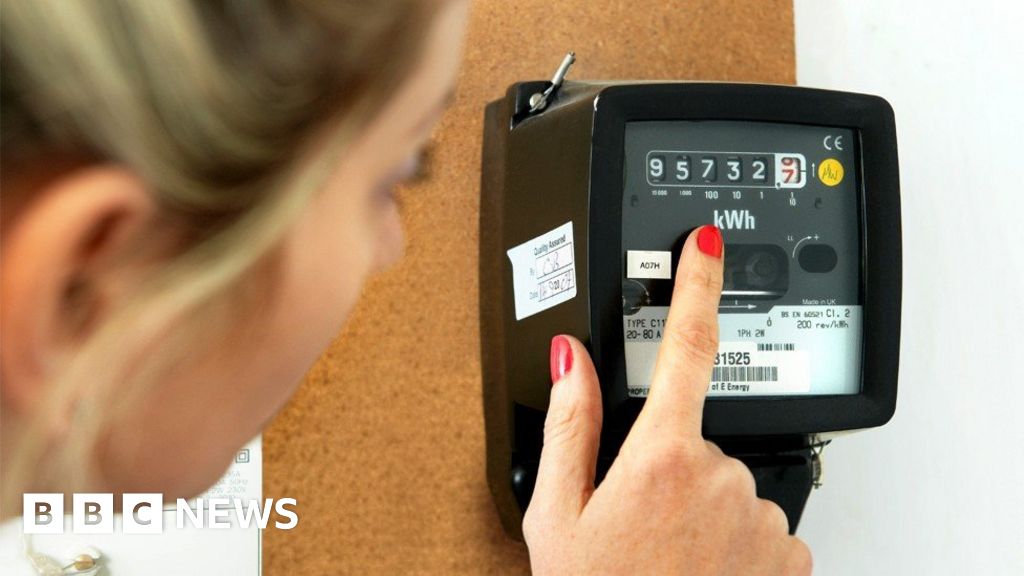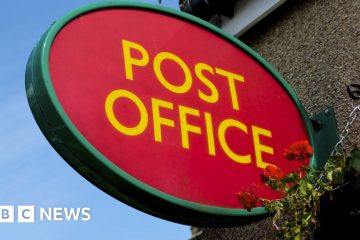The government is still deducting money from people’s Universal Credit to pay their utility bills, despite it losing a legal case concerning other benefits.
Last year, High Court judges said a scheme – which allows money to be taken from people claiming benefits to pay energy bills – was unlawful if the claimant had not first consented.
But the ruling did not cover people on Universal Credit and BBC News has found thousands are still having money taken.
But the ruling did not cover people on Universal Credit and BBC News has found thousands are still having money taken.
It said the scheme protected people from the potential “serious consequences” if bills were not paid – including homelessness, disconnection, court action and ultimately imprisonment. But critics say it is unfair.
Under the policy, private utility companies and others can apply to the Department for Work and Pensions (DWP) for up to 25% of a person’s benefits to be paid directly to them – to repay a debt and meet ongoing usage costs.
However, in September last year, a disabled former Leicestershire police constable won a High Court case against the scheme.
The government is still deducting money from people’s Universal Credit to pay their utility bills, despite it losing a legal case concerning other benefits.
But the ruling did not cover people on Universal Credit and BBC News has found thousands are still having money taken.
Last year, High Court judges said a scheme – which allows money to be taken from people claiming benefits to pay energy bills – was unlawful if the claimant had not first consented.
It said the scheme protected people from the potential “serious consequences” if bills were not paid – including homelessness, disconnection, court action and ultimately imprisonment. But critics say it is unfair.
But the ruling did not cover people on Universal Credit and BBC News has found thousands are still having money taken.
But the ruling did not cover people on Universal Credit and BBC News has found thousands are still having money taken.
It said the scheme protected people from the potential “serious consequences” if bills were not paid – including homelessness, disconnection, court action and ultimately imprisonment. But critics say it is unfair.
Under the policy, private utility companies and others can apply to the Department for Work and Pensions (DWP) for up to 25% of a person’s benefits to be paid directly to them – to repay a debt and meet ongoing usage costs.
However, in September last year, a disabled former Leicestershire police constable won a High Court case against the scheme.
#Benefits #pay #utilities #consent
Note:- (Not all news on the site expresses the point of view of the site, but we transmit this news automatically and translate it through programmatic technology on the site and not from a human editor. The content is auto-generated from a syndicated feed.))



